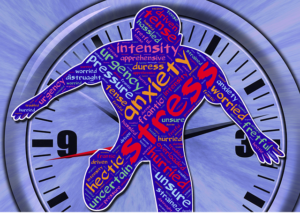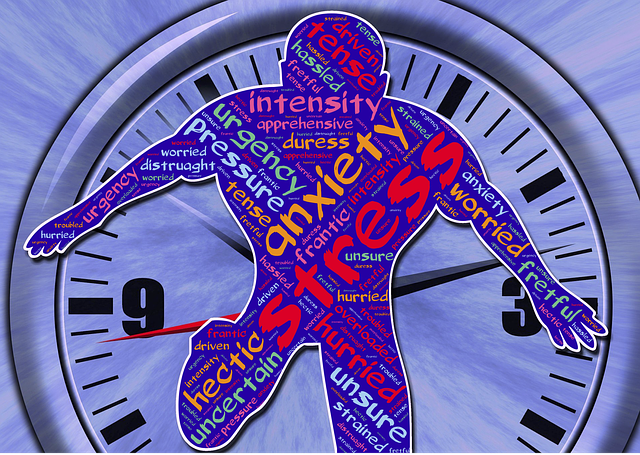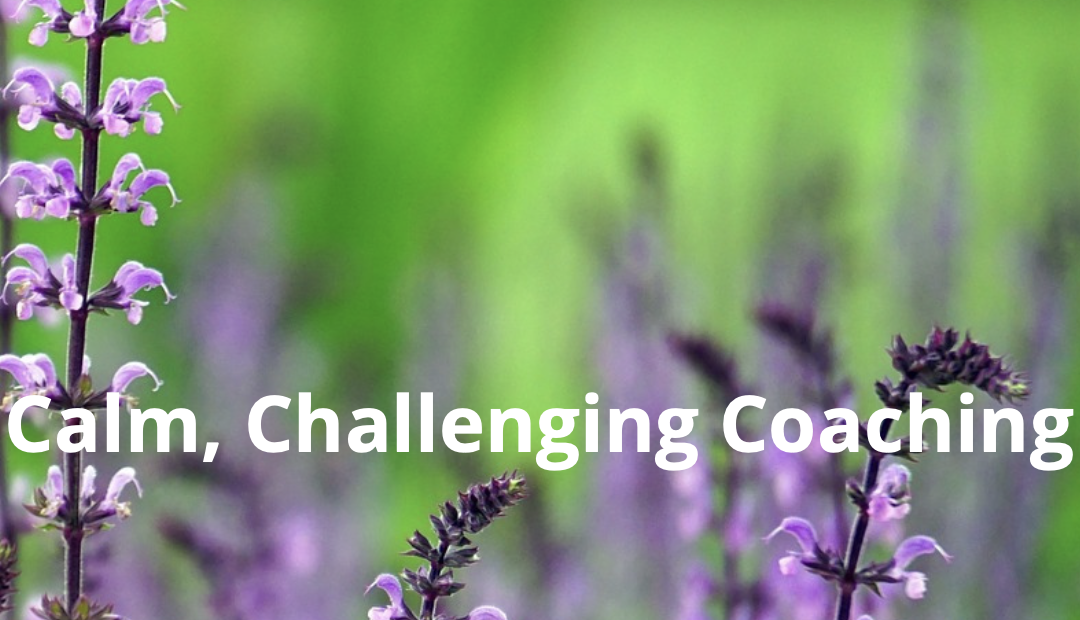The stress response is familiar to most of us. The heart rate increases, the palms get sweaty we have learned that it is bad for us. But what if this isn’t quite the whole story? A recent major study of over 30,000 people has found that although the risk of premature death was indeed increased in people who were both stressed and believed that stress adversely affects health, those people who were stressed but do not believe it to be harmful were less likely to die than others who were less stressed but had a negative stress belief.
So what was going on?
It appears that the way people view stress is key. Instead of viewing stress as a threat, these people viewed it as a challenge, they saw the symptoms of stress as energizing and optimizing the body to meet the challenges ahead. So let’s take a closer look.

Several physiological things happen to our body when we are stressed:
- The heart rate increases. This is the most obvious factor we notice. The body is increasing the oxygen supply to the brain and the muscles so that it increases performance, ready for the ‘fight or flight’
- The immune system is primed as white blood cells are spread around the body
- Oxytocin is released. This is the ‘cuddle hormone’ which is also released when we hug someone. Its anti inflammatory properties help protect the cardio vascular system and prompts us to seek help from others, which in turn can reduce the stress response
- Cortisol is released. This increases the energy available as it releases glucose. Normally the brain shuts this down when no longer needed.
A little amount of stress has always been seen as a positive thing. No stress leads to boredom and lethargy, so a moderate amount of short term stress, that we are able to get through successfully gives us experience that can help us cope better with later stressors in life.
Having a pessimistic view of life and stressful situations leads to both poorer mental and physical health. This seems to be linked to the self fulfilling prophesy of believing that there is nothing you can do to change a situation, so why even try? This can then lead, in some people, to getting stressed about the stress that they do not yet face, causing an expanding vortex of increasing stress and decreasing belief that they can change matters. Stressors may also be physically avoided, which primes the brain into thinking they are a threat, which in turn increases the stress.
Those with an optimistic view, however, see a stressor as something that challenges them, rather than threatens them. If it is a health issue, for example, they will look at what they can do to improve the prognosis, whether it offers a 100% cure or not. Any improvement is seen as a win, giving them positive reinforcement that they can continue to meet the challenge. This reduces the difference between perceived task loading and perceived ability, reducing the stress felt by the individual.

So what can you take away from this?
- When you start to feel stressed, identify what it is that is stressing you.
- Notice the changes in your body and remind yourself that this is your body preparing for the challenge ahead
- Refuse to believe that there is nothing you can do to change things and look for ways to overcome the challenge you are facing.
- Make active decisions. Remember that doing nothing is a passive decision to let things stay as they are, stressors and all.
- Celebrate every step of the way to overcoming your challenges
Finally, if faced with a challenge or a set back, put it into perspective. If you were to look back in ten years time, would this really be one of the challenges you remember?







